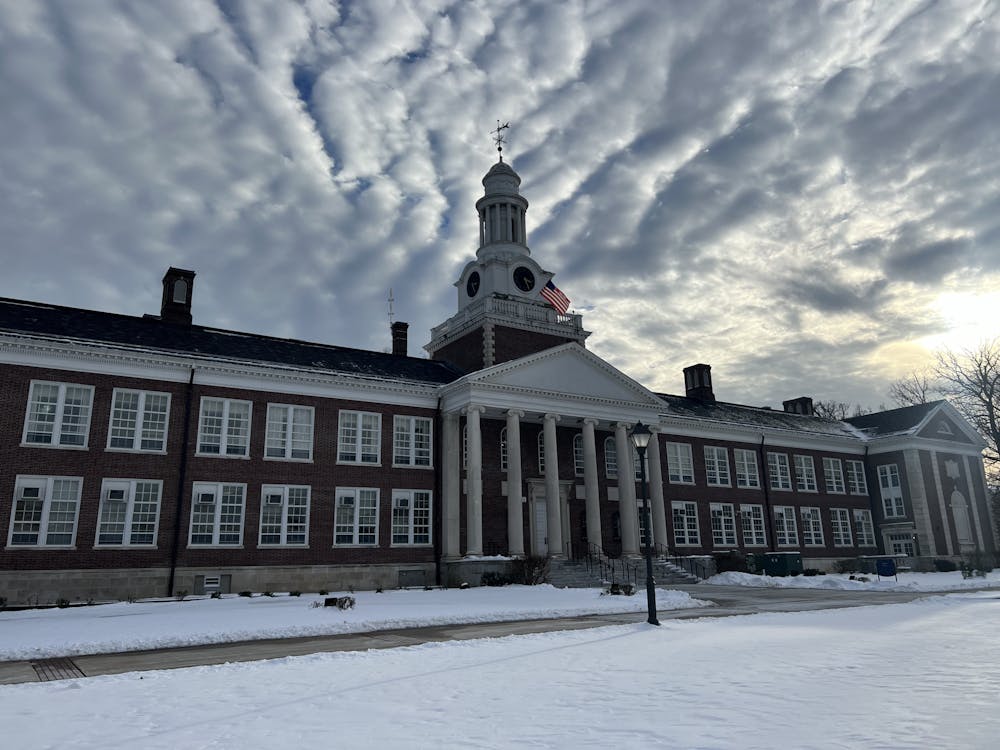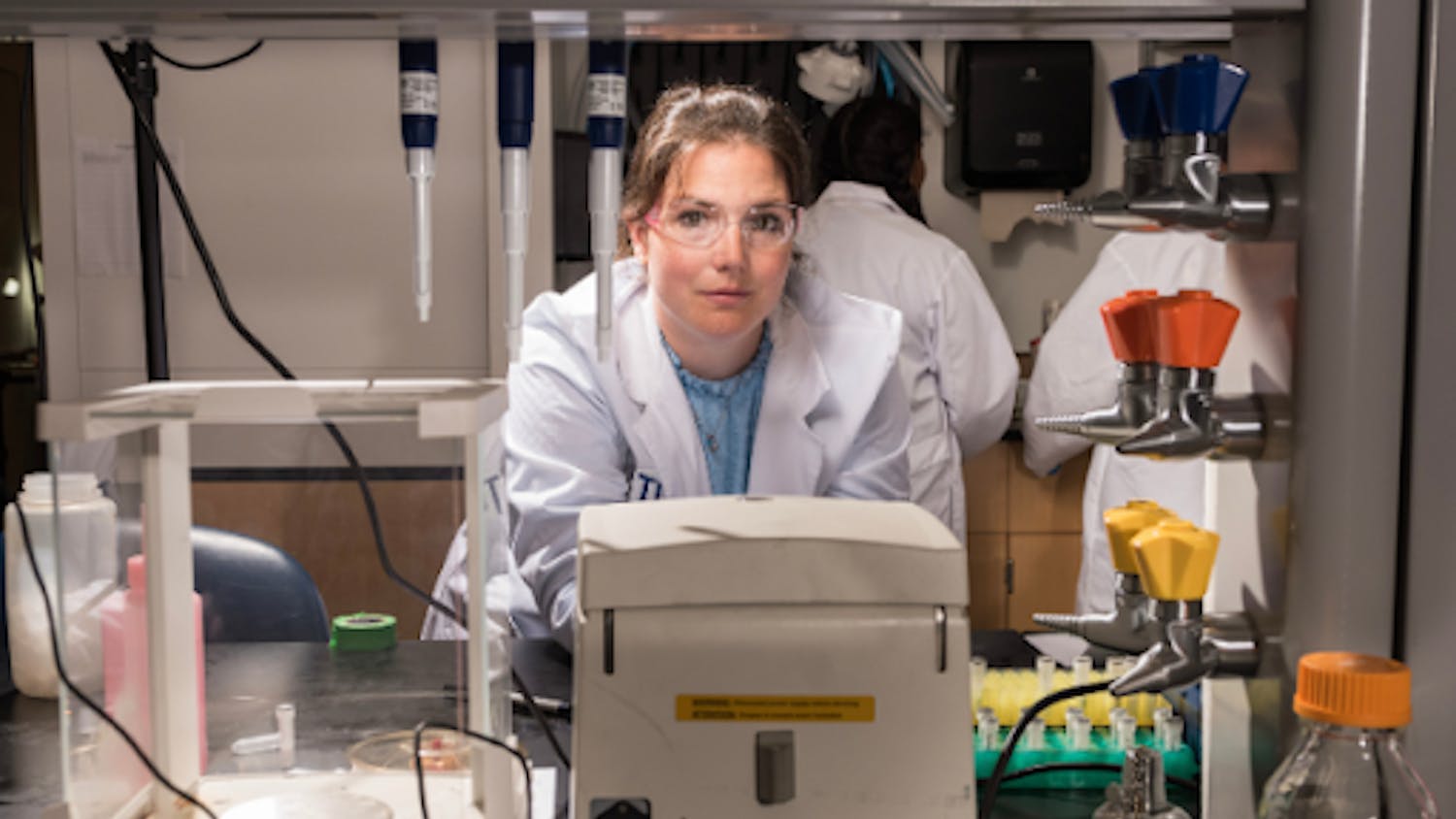By Victoria Gladstone and Matthew Kaufman
Editor-in-Chief and Managing Editor
When Interim President Michael Bernstein sent out a campus-wide email on Dec. 6 listing his vision for ensuring the College’s future success, the reaction among students, faculty and staff was a mix of cautious optimism and outright worry.
In addition to several initiatives aimed to grow revenue, the email detailed several “efficiencies” that Bernstein would like to seek—ways to conserve funds in an era where the College faces significant fiscal uncertainty.
These plans are collectively known as LIONS, which stands for “Linking Innovation with Operational Nimbleness and Sustainability.”
In another campus-wide email sent on Jan. 22, Bernstein said that his administration will begin the process of researching and implementing the initiatives listed in the December message.
“The groups I have mentioned will meet in earnest over the coming weeks to develop blueprints and clear timelines and metrics for the achievement of our budgetary and operational targets,” Bernstein wrote in the email.
In an interview with The Signal in December, Bernstein emphasized that most of what he outlined in the email are ideas that should be further examined—not concrete actions that will take effect immediately.
“My message to all of these constituencies has been to say…‘Here’s generally what I’m seeing and here are what I think are some of the opportunities,'” Bernstein said, adding that all of his ideas are made in collaboration with other members of the administration. “I’d be more than happy to hear alternative ideas.”
The interim president, who holds a doctorate in economics, said that his short-term objective is to reduce the deficits currently plaguing the budget, while his long-term goals are to raise revenue to a point that allows the College to “rebuild.”
“The first step is to make the budget stable, which is to say, balance it and reduce the bleeding,” Bernstein said. “And then, how do we make it sustainable? How do we eliminate these structural deficits?”
In presentations to faculty members last month, Bernstein said that, if enacted, his cost-saving and revenue-generating initiatives could eliminate the budget deficit through FY2026, though it would return in FY2027. In the interview, the interim president said that this would be a smaller and more “stable” deficit that future budgeters can account for.
Bernstein said that he believes the best way for the College to increase revenue in the future is through the establishment of the School of Continuing Education and Professional Studies. This new school would grow the College’s graduate offerings and expand to new audiences including part-time and non-degree seeking students. The leader said that he expects a business plan to be mapped out for the new school throughout the spring semester, with an anticipated launch by the fall.
There may also be a reorganization of academic schools and class requirements to ensure the College is not “at a dramatic disadvantage” compared to the required classes at other institutions in New Jersey, according to Bernstein. He proposed re-evaluating specific departments including foreign language and writing, adding that he expects some larger classes as a result of the changes.
Faculty across campus have been apprehensive of these changes as it may increase their teaching load and require a renegotiation of the MOA 62 agreement, which is an agreement between the faculty union and the College dictating how many classes faculty can teach each semester.
“I know there are some people who are pretty upset about the questions I have raised,” said Bernstein.
In another attempt to generate revenue, Bernstein noted, the College could fill on-campus housing vacancies by partnering with local institutions like Mercer County Community College.
As for the future of on-campus living, the interim president hopes to see renovations of certain buildings to stay current with this generation’s needs. While Bernstein acknowledges the “fondness” past students may feel regarding the Travers and Wolfe Towers, he feels that the College either needs to replace them with more updated housing or do extensive work to modernize them.
“The towers are not out of life,” said Bernstein, “they're in another life at this point.”
As the campus re-opens for the spring semester and the administration begins looking into the interim president’s suggestions, the future of the institution stands unclear. The College currently does not have a permanent treasurer and will need to find an interim provost following the sudden announcement of the departure of Jeffrey Osborn. Vice Provost Tim Clydesdale will be overseeing the office of Office of Academic Affairs until an interim provost is chosen, according to the Jan. 22 email.
“The college is here forever,” said Bernstein. “That's the goal. We’ve got to make sure that its foundations and its sustainability are all in place for the longer term future.”







